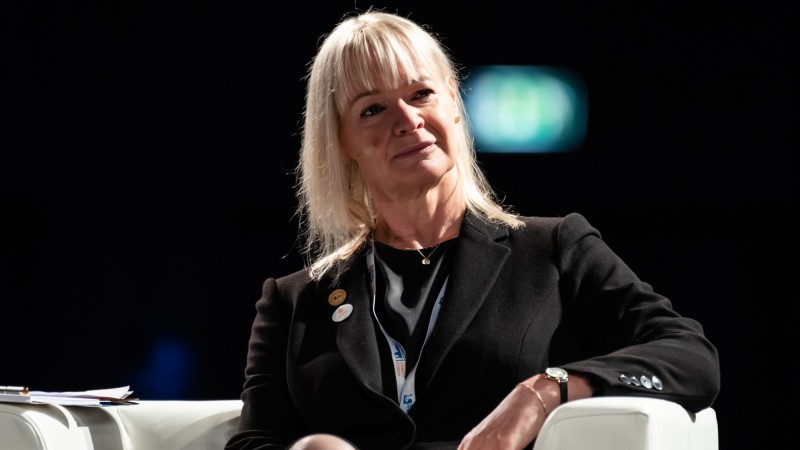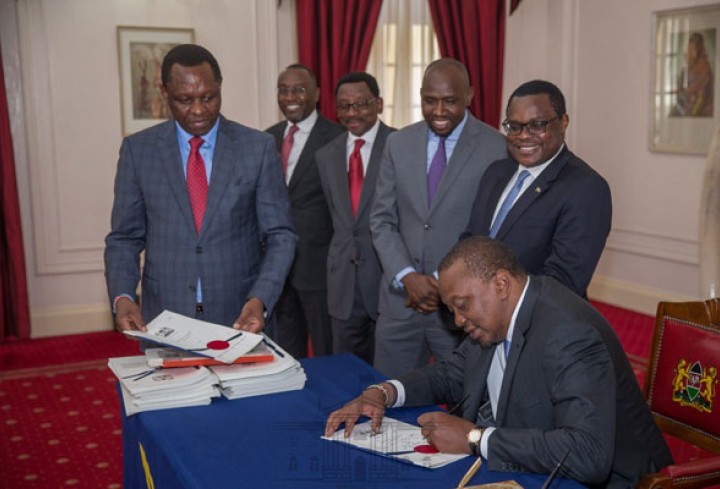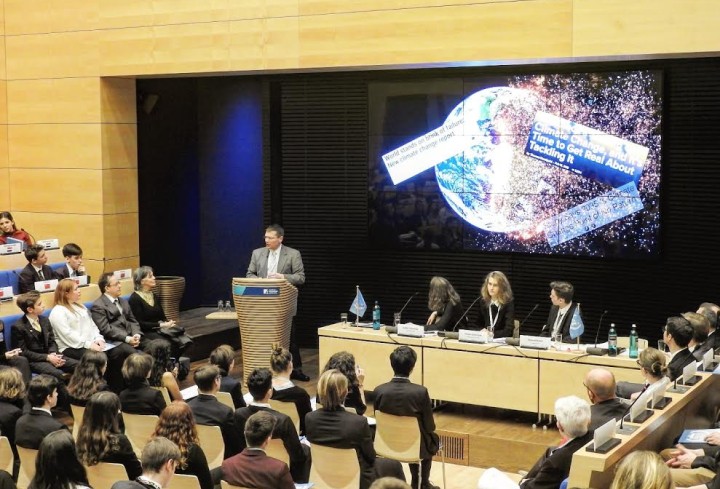Building Energy Bridges: Post-Congress Reflections by Angela Wilkinson
AUTHOR: Angela Wilkinson, Director of Scenarios and Business Insights, World Energy Council
The 24th World Energy Congress brought together a global community of over four thousand CEOs, Energy Ministers, New Innovators, Incumbents and Energy Enthusiasts from over 100 different countries. This four-day event, which took place in Abu Dhabi, highlighted the serious business of energy transition and the emerging challenges of managing a successful whole energy system transformation, in a context of global uncertainty, climate change impacts and cyber security threats.
Which topics dominated Congress this year? What was the general outlook? Here is our first-hand perspective and key insights from the 24th World Energy Congress. Four things stood out for me from my many sessions, interactions and discussions:
1 - There is no room for complacency and an urgent need to make space for better quality strategic dialogue which accelerates collaborative innovation.
We urgently need to build, rather than burn, more clean energy bridges in the transition from a fossil fuel-centric to consumer-centric energy system. Ambitions currently outpace action and we will need to be pragmatic and make better use of all technologies and innovation to manage a successful global energy transition. The continued build-up of climate change momentum is deeply worrying but cannot be effectively addressed in isolation of economic feasibility, social affordability and justice concerns. Climate adaptation investment is still a largely undiscussable agenda, even as extreme weather events disrupt energy systems around the world. There is growing concern about who will bear the costs of whole energy systems reliability which are not reflected in zero marginal cost pricing of additional supply.
2 - Multiple new frontiers of energy systems innovation are emerging.
They include an accelerating pace of digitalization, a global renewables power revolution, a new mobility paradigm (which is about more than low carbon transport), and alternative storage pathways. I was blown away by the ideas in action of the SET 100 community and, in particular, the prospect of affordable, micro-scale electrolysis as a low carbon society gamechanger. There are real prospects of a new hydrogen economy – its on its way and here to stay!
3- After several decades of global market optimism, there is renewed emphasis on the role of the state in enabling successful energy transition - some governments are stepping up and out-of-the-box.
Energy systems governance is complex. There is a need for more effective engagement and action-learning exchanges of the increasing diversity of policy shapers, including new and non-traditional actors from beyond the meter and energy sector. National governments highlighted how they are: (a) progressing innovative, integrated policy pathfinding, (b) promoting sector coupling strategies; (c) striving to balance agility with stable regulatory frameworks; and, (d) starting to rethink the costs of whole energy system transition to ensure social affordability and justice in securing the benefits of sustainable energy for all.
4 - The success in progressing basic energy access casts an ugly shadow.
There is an urgent need to close the gap in enabling 1 billion people basic access to modern energy. However, this is not enough to guarantee the quality energy access needed for sustainable livelihoods.
The Congress highlighted the ways of producing, trading and using energy are shifting faster and fundamentally. It also noted many new opportunities for cross-sectoral action, co-benefits and synergies. For example, rather than fixing the problem of high carbon transport with low carbon solutions, we can enable new mobility services that deliver co-benefits of zero net carbon, less congestion, better urban air quality, and new livelihoods. Countries, communities, cities and companies need dialogue to listen and learn from each other’s experiences. We also need more collaborative innovation to more quickly meet our strategic objectives.















